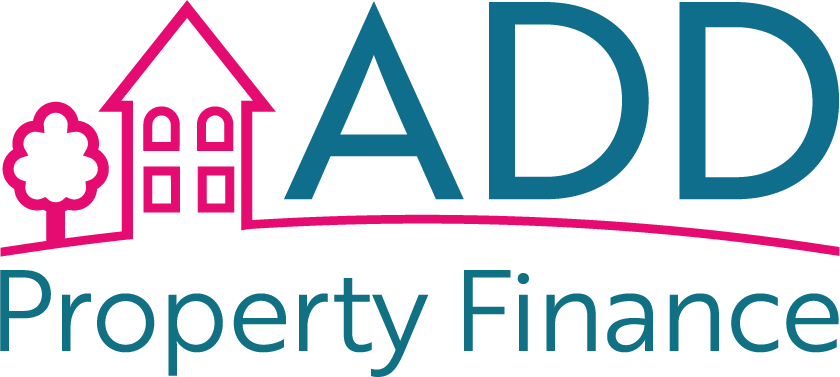Investing in buy-to-let properties can be a lucrative venture, providing homeowners with the opportunity to generate rental income and build a property portfolio. However, before you can start reaping the rewards of the buy-to-let market, you’ll need to navigate the mortgage application process. In this step-by-step guide, we’ll walk you through what homeowners can expect when applying for a buy-to-let mortgage.
Step 1: Determine Your Eligibility
Before you begin the application process, it’s essential to determine whether you meet the eligibility criteria for a buy-to-let mortgage. Lenders typically consider factors such as your income, credit history, and the property’s potential rental income. It’s crucial to have a clear understanding of your financial situation and the property’s market value.
Step 2: Conduct Market Research
Before you start looking for properties, research the buy-to-let market in your desired location. Analyse rental demand, property values, and potential rental income. Understanding the market will help you make informed decisions when selecting a property.
Step 3: Choose the Right Mortgage Product
There are various buy-to-let mortgage products available, each with its terms and interest rates. Consult with a mortgage adviser to identify the most suitable mortgage product for your investment goals and financial circumstances.
Step 4: Prepare Your Documentation
Buy-to-let mortgage applications require specific documentation, including:
- Proof of identity and address.
- Income documentation, such as tax returns or business accounts (for self-employed applicants).
- Details of the property you intend to purchase.
Gather all necessary documents to streamline the application process.
Step 5: Calculate Affordability
Lenders will assess your ability to meet mortgage repayments based on rental income, so it’s essential to calculate affordability accurately. The property’s rental income should cover your mortgage payments and provide a buffer for unexpected expenses.
Step 6: Complete the Application Form
Fill out the buy-to-let mortgage application form provided by your chosen lender. Ensure that all information is accurate and complete. Any discrepancies or omissions could delay the process.
Step 7: Property Valuation
Once your application is submitted, the lender will arrange for a property valuation. The valuer assesses the property’s market value and condition. This valuation helps determine the loan-to-value ratio (LTV) for your mortgage.
Step 8: Credit Check and Assessment
Lenders will conduct a credit check and assess your overall financial situation. They’ll consider your credit history, income, and affordability to determine whether to approve your mortgage application.
Step 9: Mortgage Offer
If your application is successful, the lender will issue a mortgage offer. Review the terms and conditions carefully to ensure they align with your expectations.
Step 10: Legal and Administrative Processes
Work with a solicitor or conveyancer to handle the legal aspects of the property purchase. They’ll oversee the transfer of ownership and ensure all legal requirements are met.
Step 11: Completion and Property Management
Once the legal processes are complete, you’ll receive the funds, and the property becomes yours. You can then start preparing the property for rental and managing your investment.
Conclusion
Securing a buy-to-let mortgage involves several steps, from determining your eligibility to completing legal processes. It’s a detailed and often intricate process, but with careful planning, the right advice, and due diligence, homeowners can successfully navigate the buy-to-let mortgage application process and embark on a journey of property investment and rental income generation.







